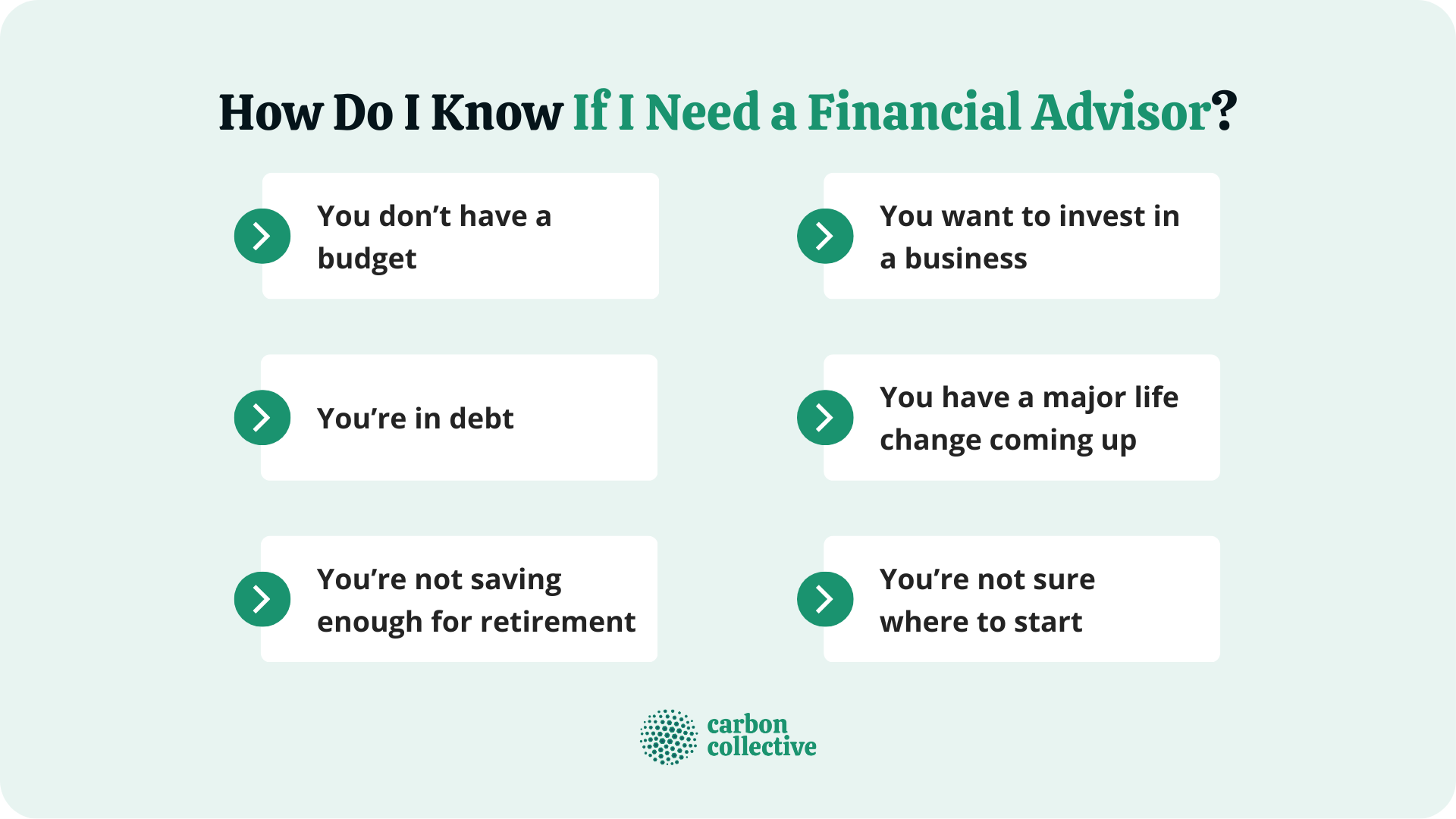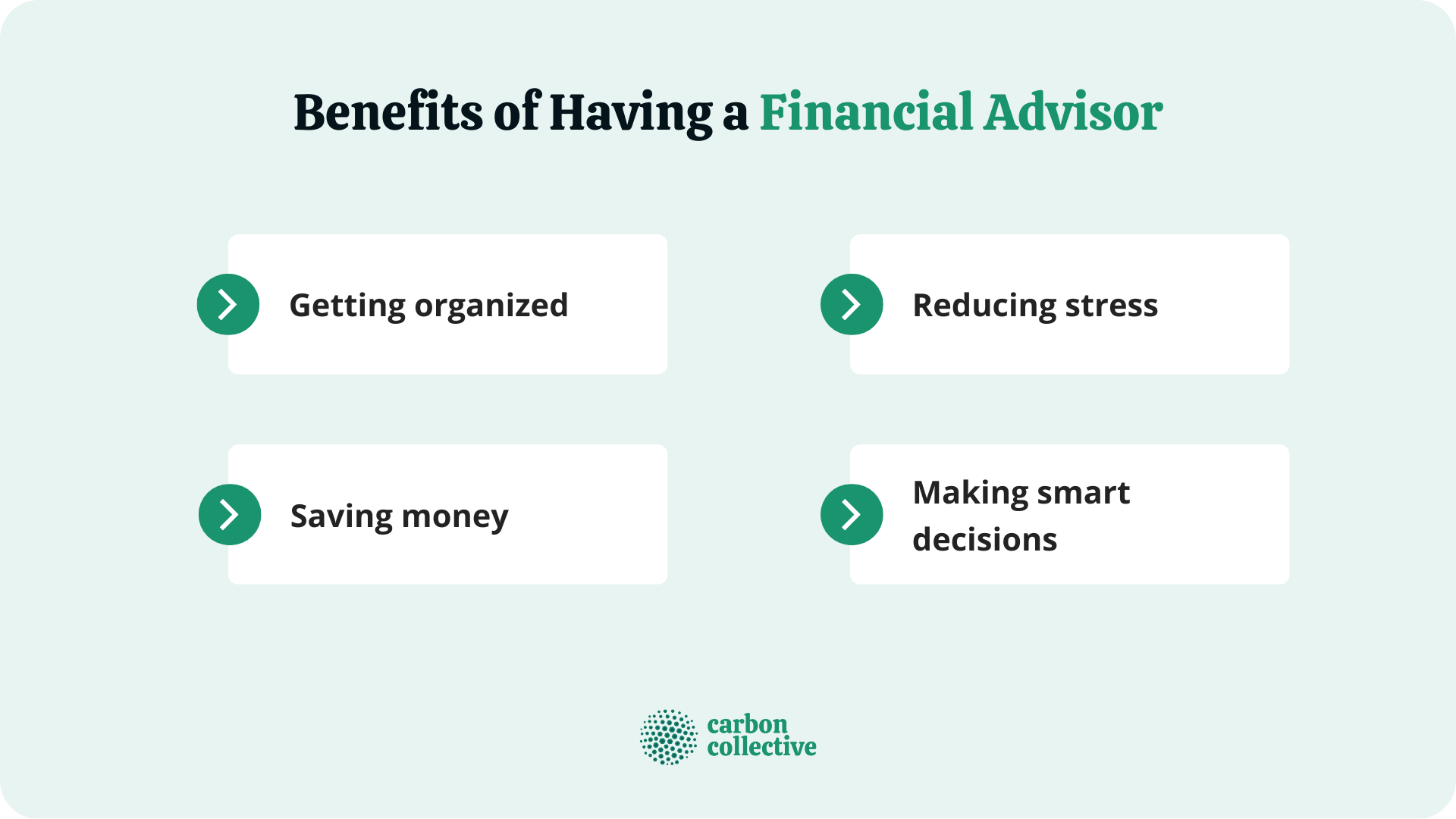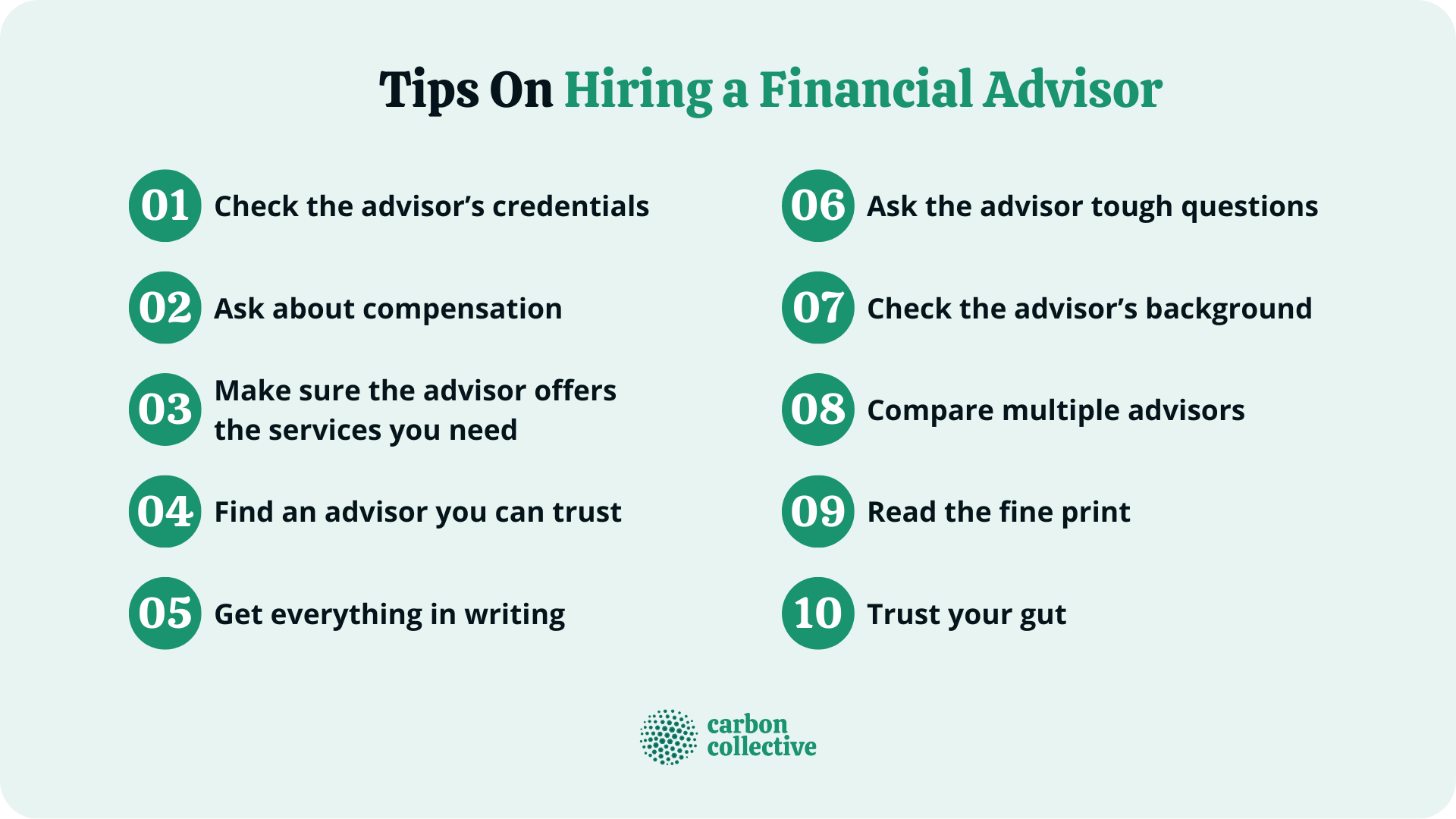How Do I Know If I Need a Financial Advisor?
Financial advisors can offer a lot of help to people who are having trouble getting their finances in order. Advisors can provide budgeting assistance, debt management help, advice on investment opportunities, and more.
But how do you know if you need a financial advisor?

Several signs may indicate it’s time to seek out professional help with your finances.
- You don’t have a budget.
If you don’t have a budget, it’s time to get one. A budget is a critical tool for financial success. It will help you track your spending, save money, and make intelligent decisions about your money. If you’re unsure how to create a budget, a financial advisor can help.
- You’re in debt.
A financial advisor can offer debt management assistance if you’re struggling to pay off your debts. Advisors can help you create a debt repayment plan, negotiate with creditors, and find ways to save money to get out of debt faster.
- You’re not saving enough for retirement.
If you’re behind on your retirement savings, a financial advisor can help you catch up. Advisors can offer advice on investing in retirement accounts, such as IRAs and 401(k)s, and can help you create a retirement savings plan.
- You want to invest in a business.
If you’re considering starting or investing in a business, a financial advisor can guide you on the best way to use your money. Advisors can help you create a business plan, choose the proper business structure, and find funding sources.
- You have a major life change coming up.
Life changes, such as getting married, having a baby, or buying a home, can significantly impact your finances. A financial advisor can help you plan for these changes and ensure you’re prepared financially.
- You’re not sure where to start.
If you’re not sure where to begin when it comes to managing your finances, a financial advisor can help. Advisors can guide budgeting, saving, investing, and more.
If you’re experiencing any of the above signs, it may be time to seek out the help of a financial advisor.
What Do Financial Advisors Do?
Financial advisors assist with a wide range of financial topics.
Some of the services that advisors can include:
- Budgeting assistance
- Debt management help
- Investment advice
- Retirement planning
- Tax planning
Financial advisors can also help you with specific financial goals, such as saving for a down payment on a home or funding your child’s education.
Benefits of Having a Financial Advisor
There are several benefits of working with a financial advisor.

Some of the benefits include:
Getting organized: A financial advisor can help you manage your finances. Advisors can provide budgeting assistance, help you create a debt repayment plan, and offer advice on saving and investing.
Saving money: Working with a financial advisor can help you save money. Advisors can offer guidance on ways to cut your expenses and help you find ways to save for your future goals.
Reducing stress: Money can be a significant source of stress. A financial advisor can help mitigate financial worries by providing assistance and advice.
Making smart decisions: Financial advisors can help you make informed decisions about your money. Advisors can offer advice on investing, retirement planning, and more.
If you’re considering working with a financial advisor, choosing the right one is important.
Finding the Right Financial Advisor
Not all financial advisors are created equal. When choosing a financial advisor, it’s important to consider the following:
Credentials: Make sure the advisor you choose is appropriately credentialed. Many financial advisors have certifications, such as the Certified Financial Planner (CFP) designation.
Compensation: Find out how the advisor is compensated. Some advisors charge fees, while others earn commissions from the products they sell.
Services: Make sure the advisor offers the services you need. If you’re looking for retirement planning assistance, make sure the advisor you choose offers that service.
It’s also essential to find an advisor you can trust. Ask family and friends for recommendations. Once you’ve found a few potential advisors, schedule a meeting to get to know them better.
Tips On Hiring a Financial Advisor

Here are a few tips to keep in mind when hiring a financial advisor:
-
Check the advisor’s credentials: Ensure the advisor you’re considering is appropriately credentialed.
-
Ask about compensation: Find out how the advisor is compensated so you can determine if there’s a conflict of interest.
-
Make sure the advisor offers the services you need: The advisor you choose can provide the services you’re looking for or is tailored to your specific needs.
-
Find an advisor you can trust: Ask family and friends for recommendations or schedule a meeting to get to know the potential advisor better.
-
Get everything in writing: Be sure to get all the details of your agreement with the advisor before you make a final decision.
-
Ask the advisor tough questions: Before making a decision, ask the advisor tough questions about their experience and services.
-
Check the advisor’s background: It’s essential to check the advisor’s background to ensure they have a clean record.
-
Compare multiple advisors: Don’t just choose the first advisor you meet with. Compare multiple advisors to find the best fit for you.
-
Read the fine print: Be sure to read all of the fine print before you sign any agreements with a financial advisor.
-
Trust your gut: If something feels off, trust your gut and move on to another advisor.
The Bottom Line
Working with a financial advisor can be a great way to get your finances in order and make informed decisions about your money.
When choosing an advisor, it’s important to consider credentials, compensation, services offered, and trustworthiness. Be sure to get all the details in writing, and never hesitate to ask tough questions. And finally, don’t forget to trust your gut.
When it comes to your finances, you want to be sure you’re making the best decisions possible.
FAQs
1. What is a financial advisor?
A financial advisor is a professional who provides advice and guidance on financial matters. Advisors can help with investing, retirement planning, and more.
2. How do I choose a financial advisor?
When choosing a financial advisor, it’s important to consider credentials, compensation, services offered, and trustworthiness.
3. How much does a financial advisor cost?
Financial advisors typically charge fees, although some may earn commissions from the products they sell. Fees can be hourly, flat, or based on a percentage of assets under management.
4. When do I know that I need a financial advisor?
You may want to consider working with a financial advisor if you’re having trouble managing your finances, are unsure about investing, or need retirement planning help.
5. How often should I meet with my financial advisor?
How often you meet with your financial advisor will depend on your needs and goals. Some people meet with their advisors quarterly or yearly, while others meet more frequently.
